C-CAMP Brings Museum Professionals Together to Spark Climate Action
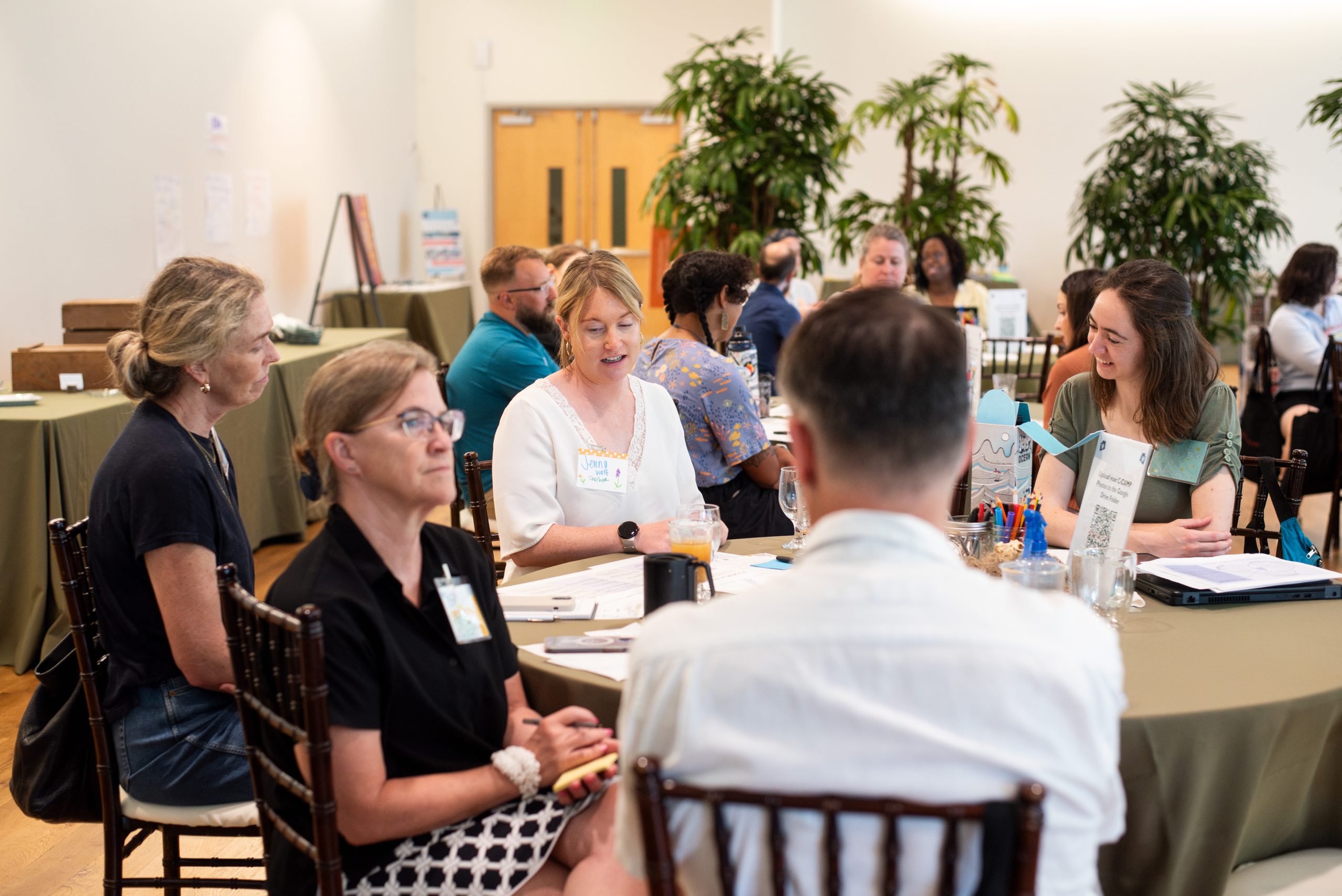
C-CAMP was made possible in part by the Institute of Museum and Library Sciences National Leadership Grant.
Museum educators know what it takes to lead engaging camp programs, but they rarely get to play the role of “campers.”
From June 18 –20, Phipps Conservatory and Botanical Gardens welcomed professionals from five organizations for the Climate Communication and Action for Museum Professionals retreat. More often, attendees opted for the catchy abbreviations – “Climate CAMP” or “C-CAMP.”
As trusted community gathering places where people learn, connect and grow, museums hold a unique role in addressing the climate crisis. Many organizations are already taking on climate initiatives like sharing information, amplifying solutions and making space for challenging conversations. While a growing number of museums consider how to incorporate sustainability into their work, C-CAMP provides a critical network to share knowledge across institutions.
The program was envisioned by Phipps Conservatory, The Wild Center and Climate Generation as a year-long cohort of up to five organizations that meet regularly to exchange ideas and implement place-based climate action. In its inaugural year, Montshire Museum of Science, Cincinnati Museum of Art, Anchorage Museum, Oakland Zoo and Boise WaterShed make up the C-CAMP cohort.
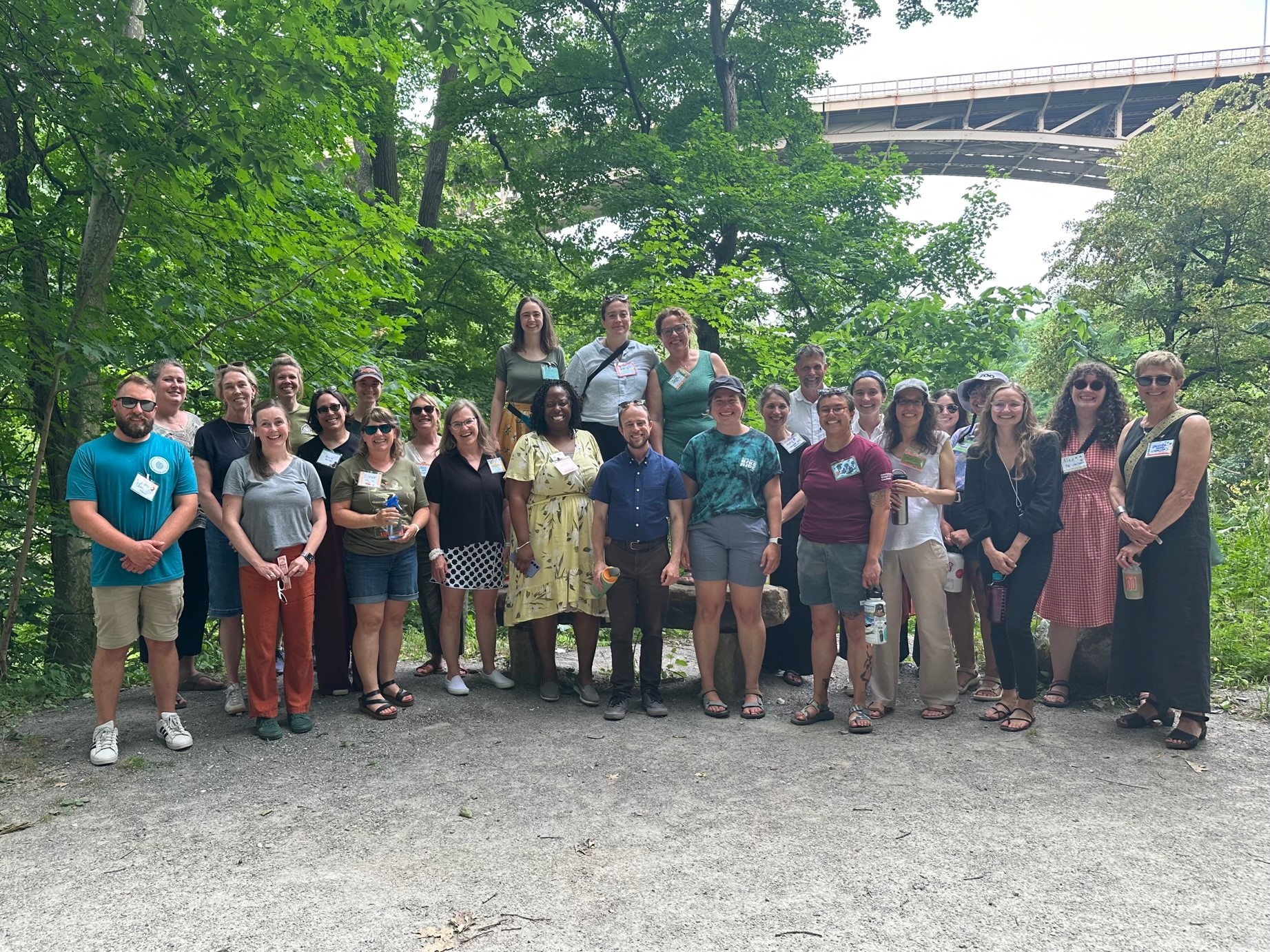
The retreat was designed to center the cohort’s experiences rather than offer prescriptive recommendations. The purpose was “to build skills and confidence to do courageous, joyful climate work together.” During the three-day symposium at Phipps Conservatory, representatives in the cohort shared knowledge, ideas and challenges from their own communities to better support each other’s work and build new understandings together.
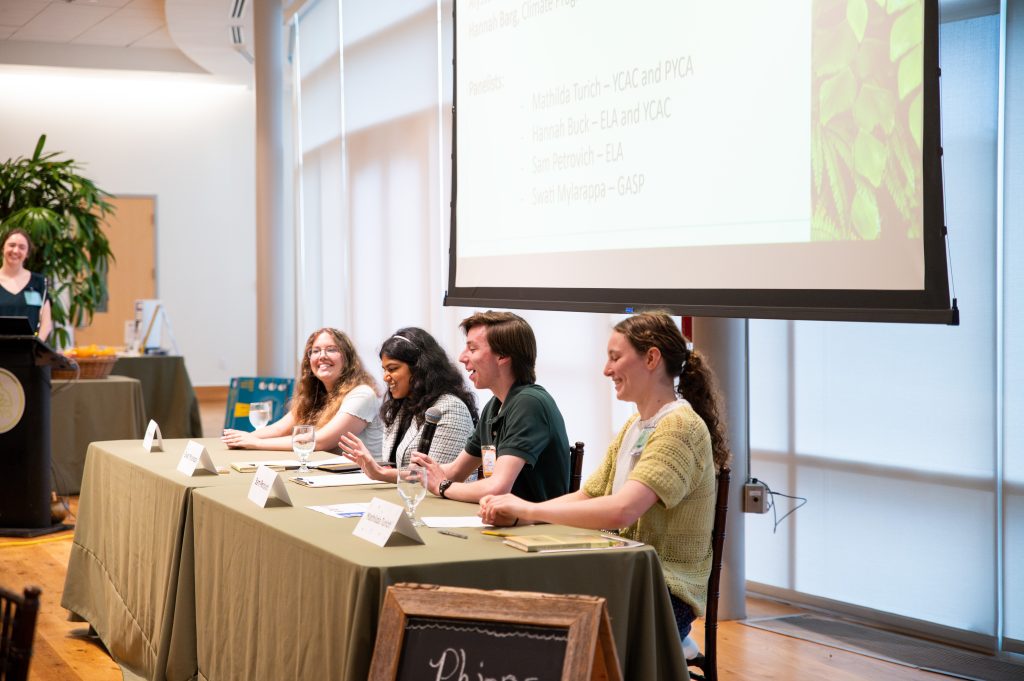
C-CAMP began the second day by honoring Juneteenth. On the morning of June 19, the group watched and discussed “The Route to Emancipation,” a 2023 documentary short film by Black History Bike Ride about three friends embarking on a 350-mile cycling route through centuries of untold Black history, from Austin to the site in Galveston where Juneteenth began in 1865. This helped attendees reflect on the significance of the day and carry this thinking throughout the sessions to follow.
One of Phipps Conservatory’s longtime community partners, the Carnegie Museum of Natural History (CMNH), shared their expertise with C-CAMP. CMNH’s Climate and Rural Systems Partnership (CRSP) is a research initiative working with communities in Western Pennsylvania to understand the role of museums in climate communication. The group led the C-CAMP cohort through a future visioning exercise, helping attendees imagine what a positive climate future in the year 2035 might look like in their communities.
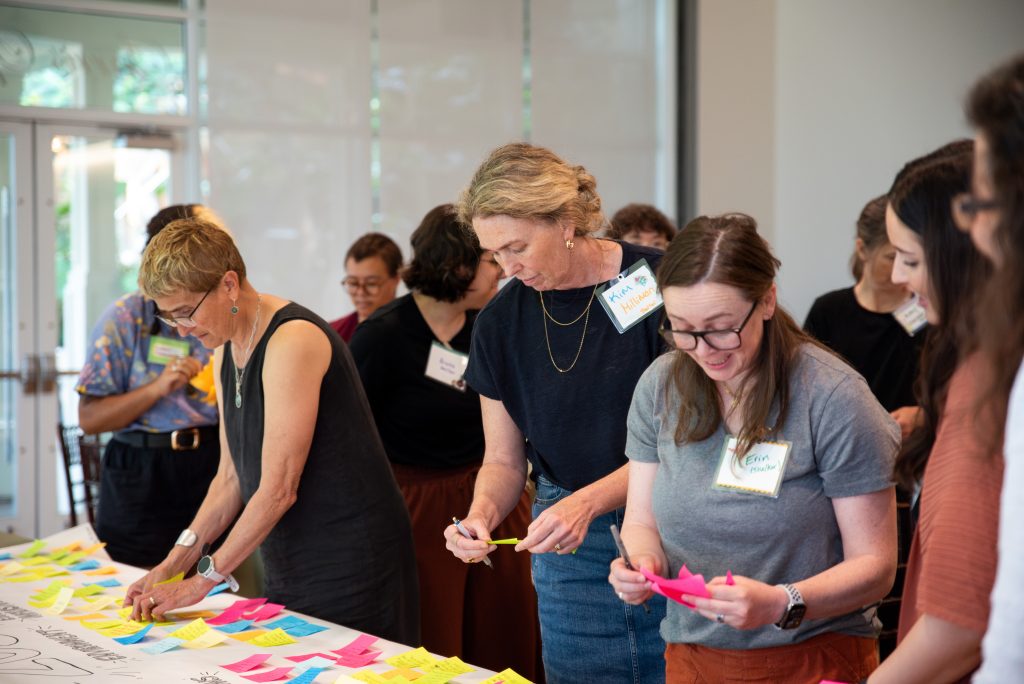
Later, C-CAMP advisors shared their thoughts about “The Role of Museums in Catalyzing Climate Action” in a panel discussion. Brenda Baker of Madison Children’s Museum advocated for putting children at the center of a museum’s work. “When we think about children’s futures first, the outcomes are different,” she stated.
Other panelists underscored the importance of building community partnerships to support local or regional climate goals. “Look at the climate action plans in your city or region and connect with the plan as an institution. You are critical to their goals,” said Frank Niepold of the NOAA Climate Program Office.
Some shared that building authentic community partnerships relied on trust. “If you want to build trust, a lot of that takes time,” said Corinne Gibson, Director of Diversity, Equity, Inclusion and Community Engagement at Phipps Conservatory. “Just keep showing up until they are able to expect you and have a conversation with you.”
Climate Justice was a key value of C-CAMP participants, acknowledging the ways that some community members are disproportionately impacted by climate change. In a discussion session led by The Wild Center’s Hannah Barg, attendees reflected on how identities like age, race, class, gender identity, or socioeconomic status might shape trust and, further, how this trust might influence education in museums.
Identity may also form disadvantages for some individuals in conversation, shared Keisha Booker, Interim Chief Diversity Director at Slippery Rock University, in her session on navigating difficult conversations. Understanding this relationship can help museum professionals approach potentially tricky conversations on climate with empathy and inclusive language.
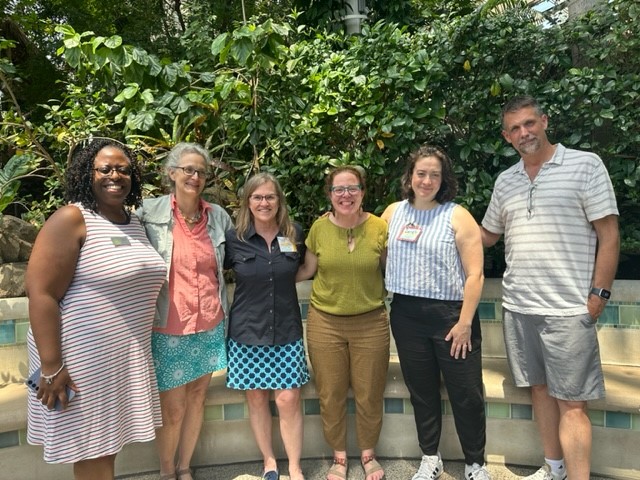
Energized by these workshops and discussion sessions, representatives from each organization formed a brief presentation about their climate action plan. Using art, posters or informal discussion, groups shared ideas they hoped to implement within their institutions, and other attendees chimed in with encouragement, ideas and additional resources. The cohort will continue to meet virtually throughout the year to share progress on their organizational action plans and continue learning together.
While the retreat is over, C-CAMP’s work is just getting started. A second cohort is in the works for 2025-2026, with applications opening this fall. Sign up for our mailing list to receive updates!

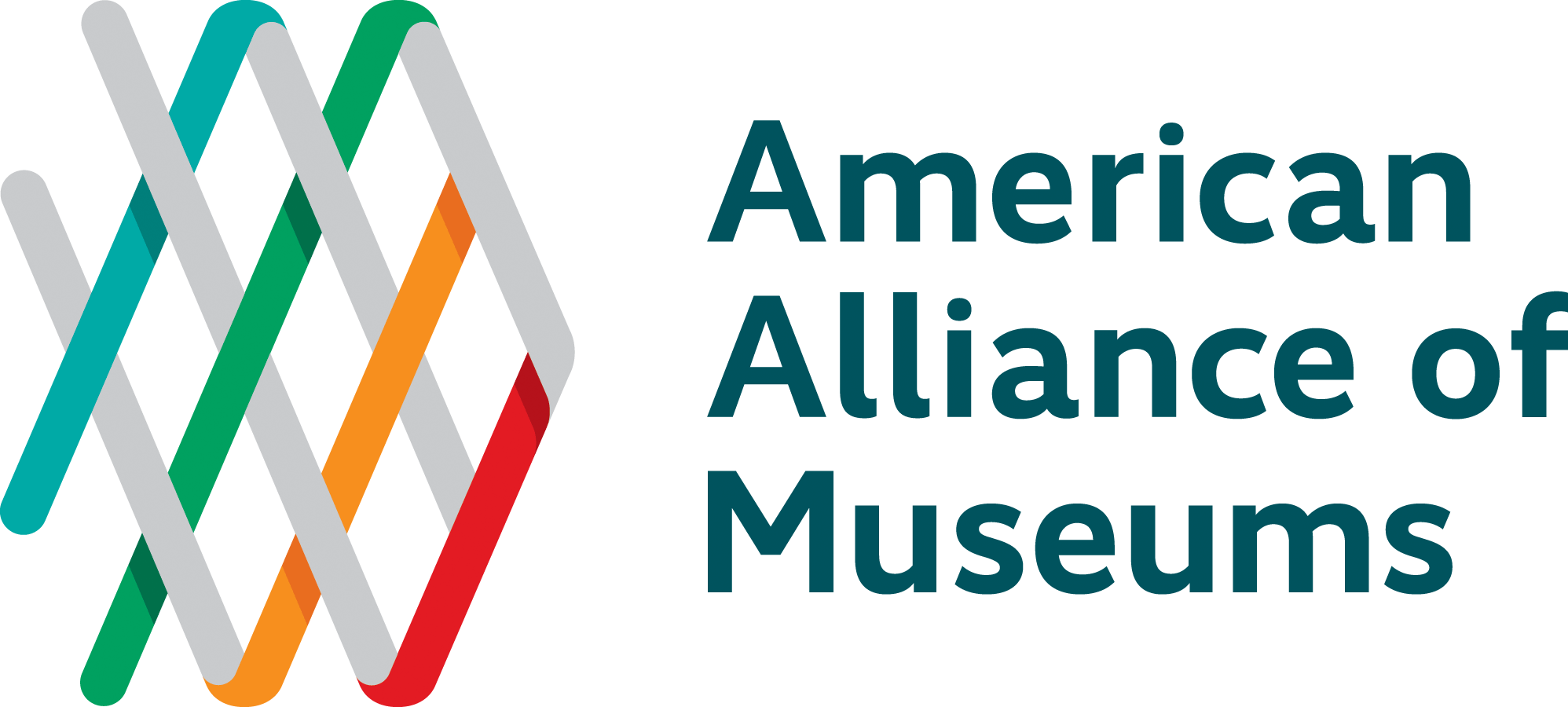

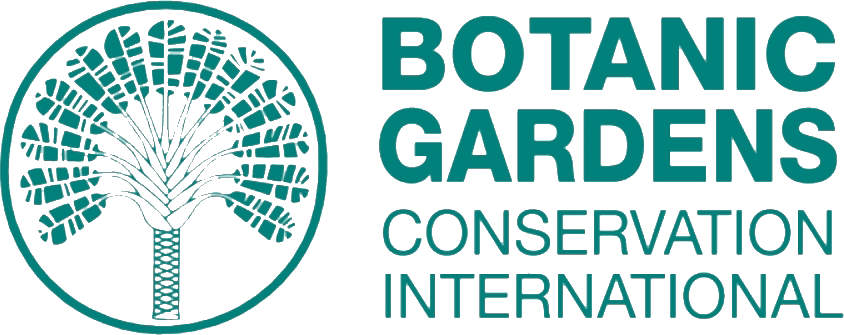



Recent Comments